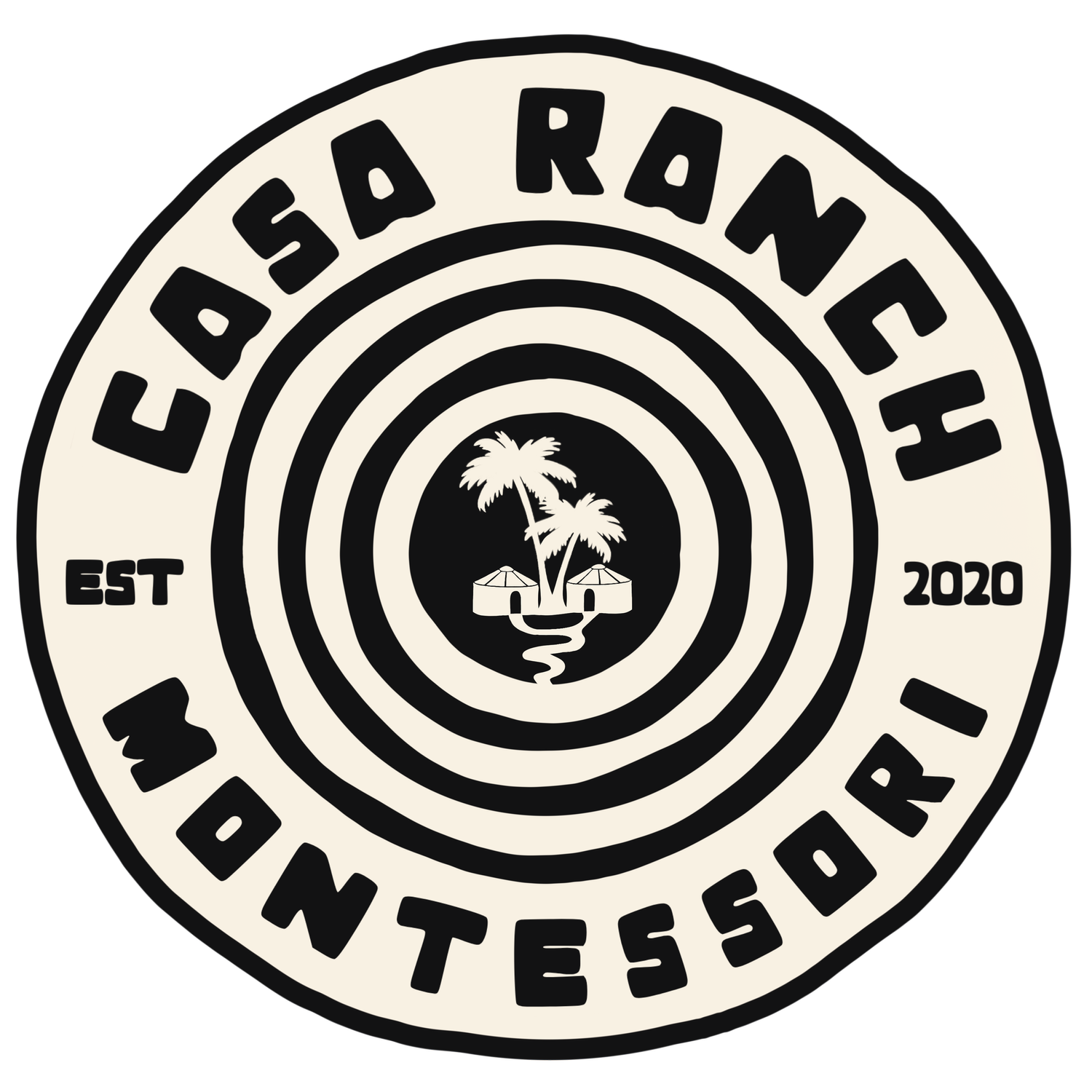Upper Elementary Curriculum
(The Reasoning Mind— Ages 9-10)
This is a period of strong intellectual curiosity. Children begin to think more abstractly, question the world, and develop a sense of morality. They enjoy working in groups and are capable of deep concentration and imagination.
+ Practical Life
Sewing machine
Quilting (may be donated to charities)
Knitting (socks, blankets, or hats for babies/children in need)
Assembling furniture
Woodworking
Laundry
Creating websites
Photographing for newsletter or yearbook
Caring for garden
Cooking
Shopping (using money)
Washing cars
Car maintenance
Painting Walls
Building playground
Beach Cleanup
Reading to younger children
+ Language
Library books
SRAs
Grammar Boxes
Skyscrapers
Sentence Analysis, diagramming, and charts
Wordly Wise books
Keyboarding
+ Mathematics
Pythagoras Board
Bead Cabinet
Division Test Tubes
Fraction Circles
Multiplication Checker Board
Algebraic Pegboard
Arithmetic Trinomial Cube
Geometric Sticks
+ Culture
Waseca Biome Maps
Pin Maps
Puzzle Maps
Continent Folders
Timelines
+ Science
Botany
Zoology
Biology
Geology
Physics
Chemistry
Scientific Method
Technology
+ Entrepreneurship
Goal Setting
Small Business Skills
Business Model
Entreprenurial language







